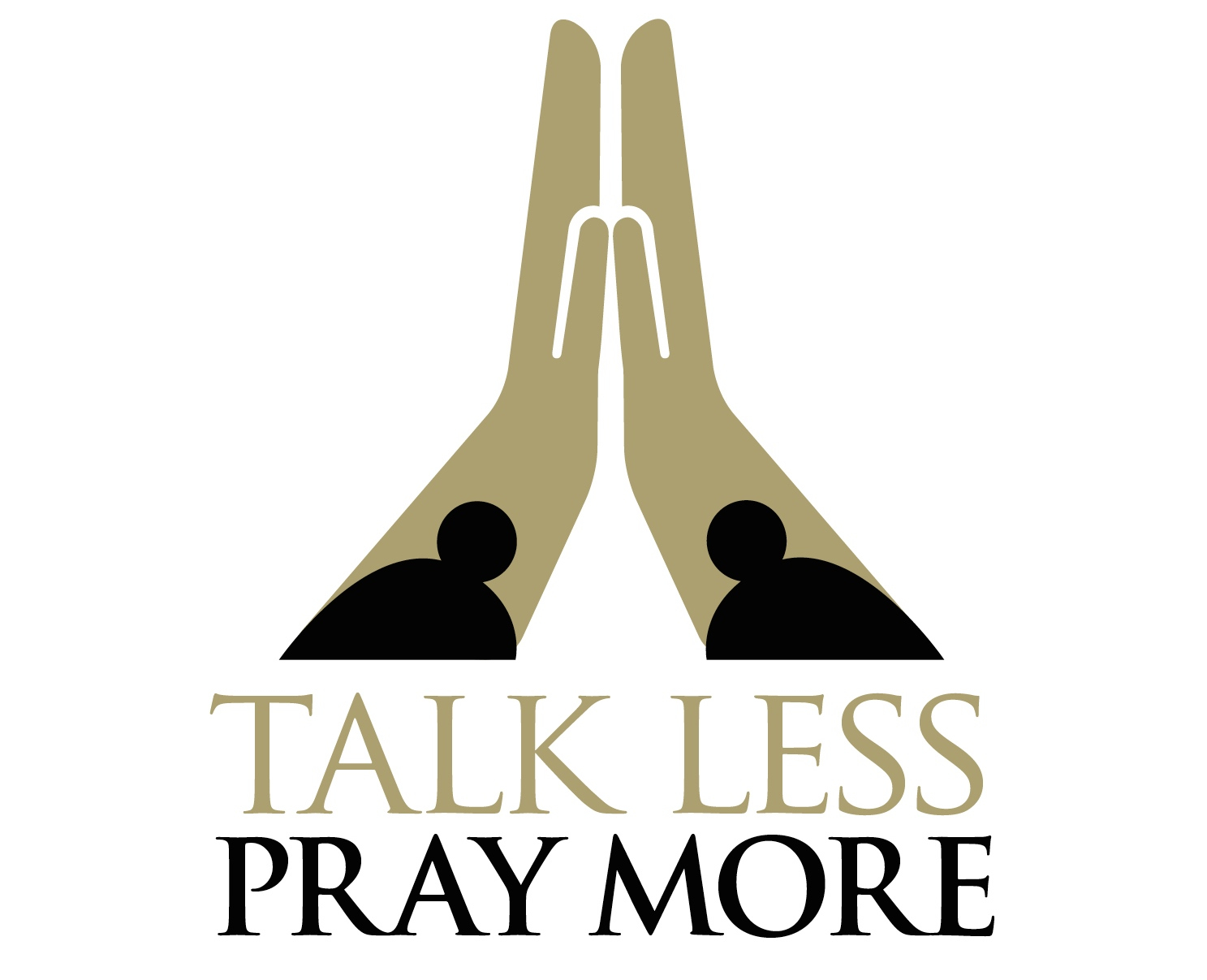" 'AND MY HOUSE SHALL BE CALLED A HOUSE OF PRAYER,' but you have made it a ROBBER'S DEN." Luke 19:45
Principle: Prayerless people become powerless people. Simply put, no prayer means no Presence. No Presence means no power.
Jesus portrayed prayerless people as thieves. He knew that prayerlessness robs people of the significance and the supply of The Presence, The Person, and the Power of God. The people He rebuked the most were those who had turned the Temple system into a mockery of what God had intended for it to be. IT had been put into place to bring people to a confrontation with the high cost of sin and lead them to an intimate encounter with God through atoning blood of a substitutionary sacrifice.
The Temple system had long overshadowed the Person and the Purpose of God's redemptive work. It was no longer a lesson in forgiveness, but a lesson in greed and corruption. Jesus would not tolerate anything that did not glorify God. Jesus Christ is the same, yesterday, today and forever. He still does not look favorably on any system that steals glory from God.
When the system overshadows the Savior, it is time to get back to the simple truth. NO PRAYER...NO PRESENCE...NO PRESENCE...NO POWER. In the mind of Christ, there was no substitute for prayer as the way to God. When any part of the system drowns out the still small voice of the Holy Spirit calling the believer to pray, it no longer serves the purpose of God.
To the eyes of the uninformed, Temple business was booming. The Temple was crowded with people. Some would have said, "Business is good." Jesus knew that the business of God was the business of prayer, and as far as He was concerned the Temple system was bankrupt. When Jesus is the auditor, his numbers can be trusted. He added up what they were doing, and he found more takers than givers.
The Principle of Simplification reminds the prayer warrior not to allow too much bureaucracy to suffocate them with a system that is meant to establish and maintain a relationship with God, through prayer. A skeleton is a sound structure, but it no longer has breath. Prayer is the breath that keeps a prayer warrior alive, and keeps a movement of God from becoming a man made museum or mausoleum.
No person, church, ministry or movement can long be sustained by a prayerless support system.
Personal and corporate prayer breaths in the oxygen of God's Presence. The Person of the Risen Christ is seated at His right hand interceding for those who bring their prayers to Him in the name of Jesus. The Power of the Holy Spirit interprets to God even the groaning of the people who know they need to pray, but don't know how to put what they need into words.
Years ago, a small pamphlet was produced, "My Heart, Christ's Home." It described the life of a believer as a floor plan that included various rooms. It explained that most people would invite Jesus to come into their heart, but never make Him feel at home. He would be left in the foyer, or entry area of the believer's heart, but never invited to enter every room. The absence of Christ's Presence in every area of life will always result in a lack of power for living.
The Practice of Prayer: Find a place in your home or a time in your day that could be set apart as place for the purpose of prayer. Get in touch with the Architect of Heaven and Earth, and allow Him to look at your floor plans, and invite Him to start simplifying your life, and designing it around Him.
Thought for the Day: People's lives are like a house with many rooms. These rooms represent strategic and sometimes essential areas of life, like a Finance Room, Family Room, Work Room, or School Room. At times of crisis there may be a Hospital Room or some other addition made to the floor plan. The simplest design should include a Prayer Room that will establish and maintain the lines of communication between the Heavenly Father and His child.
"Our one great business is prayer, and we will never do it well unless we fasten to it by all binding force." E.M. Bounds
